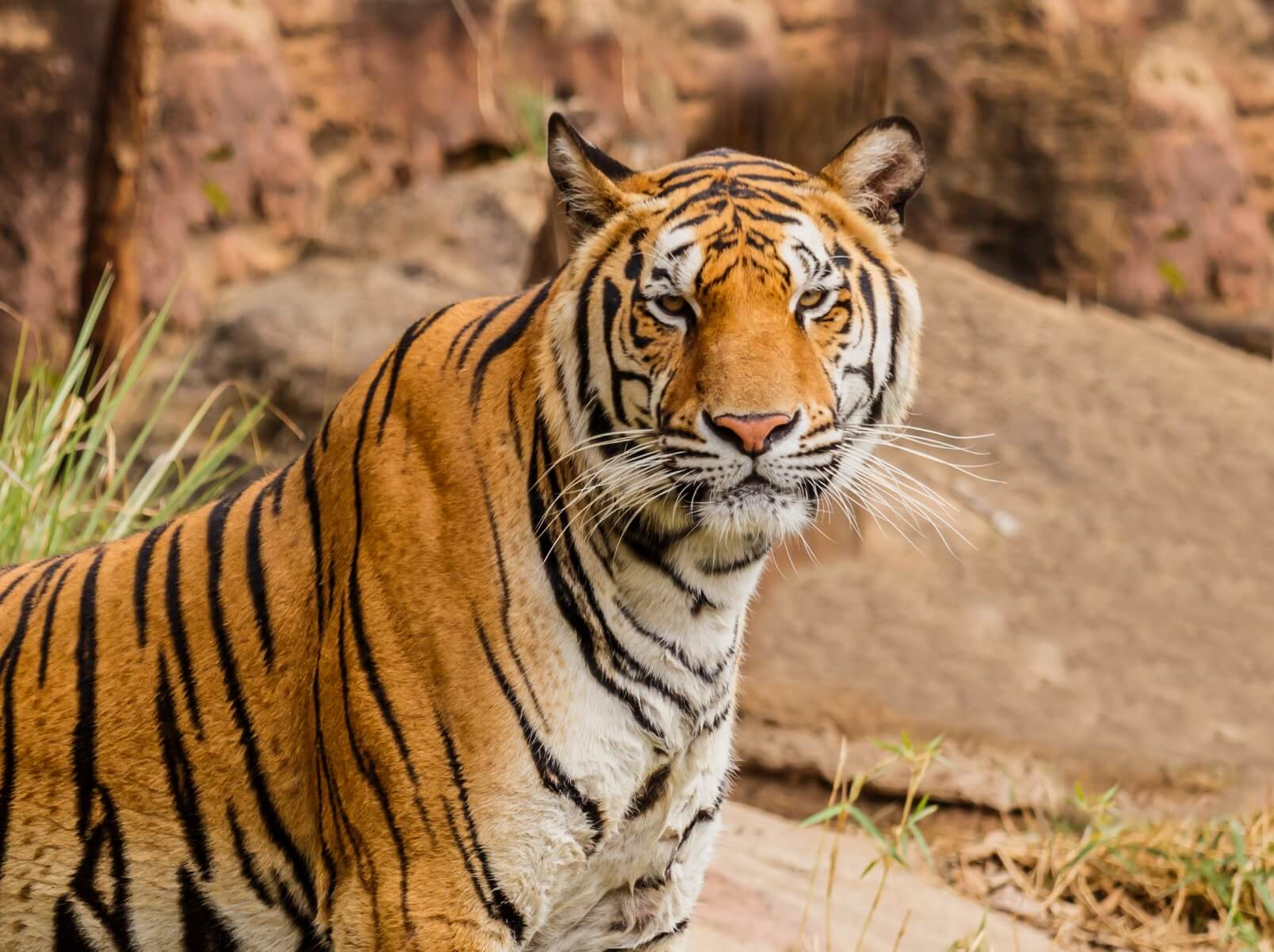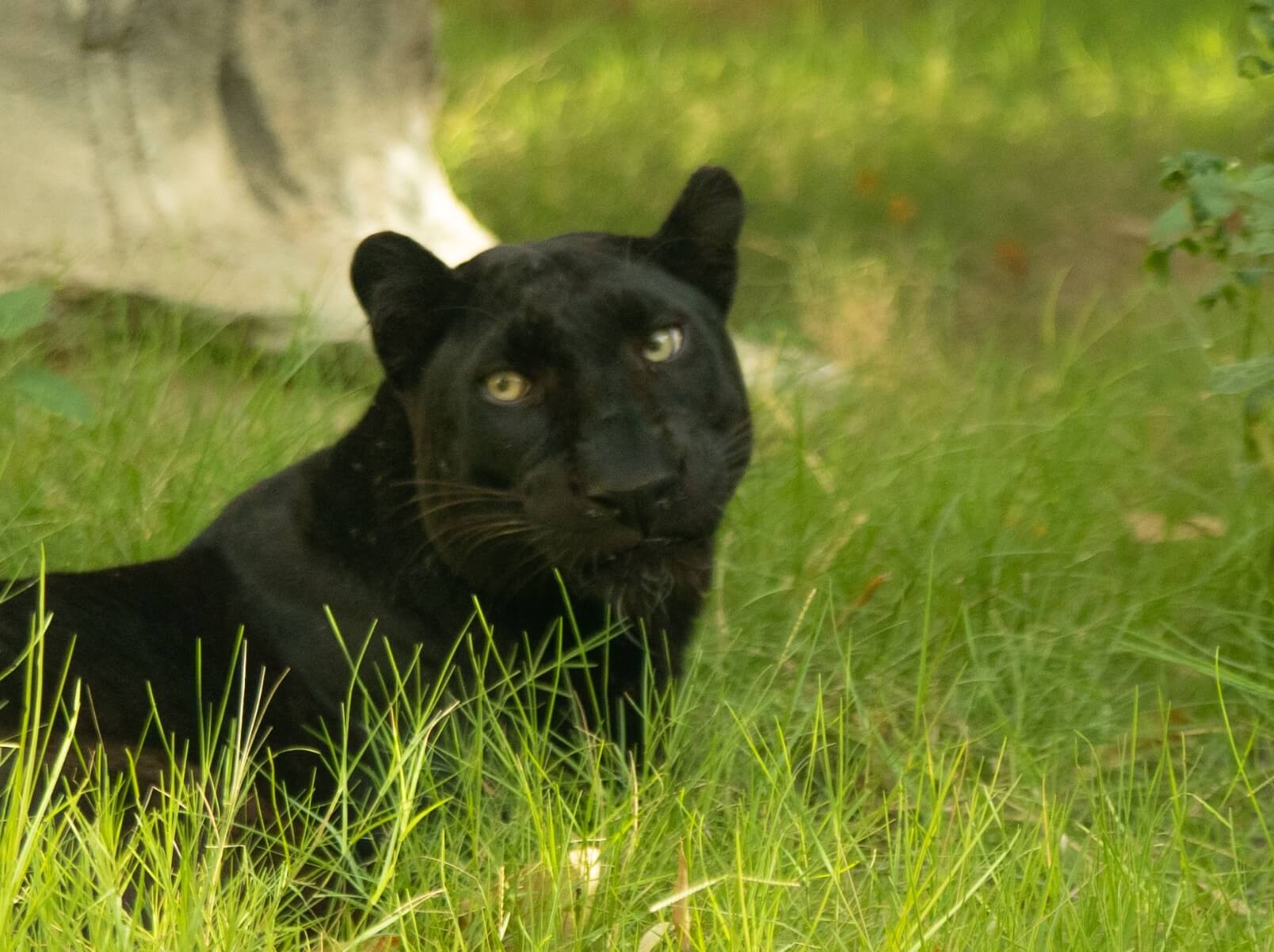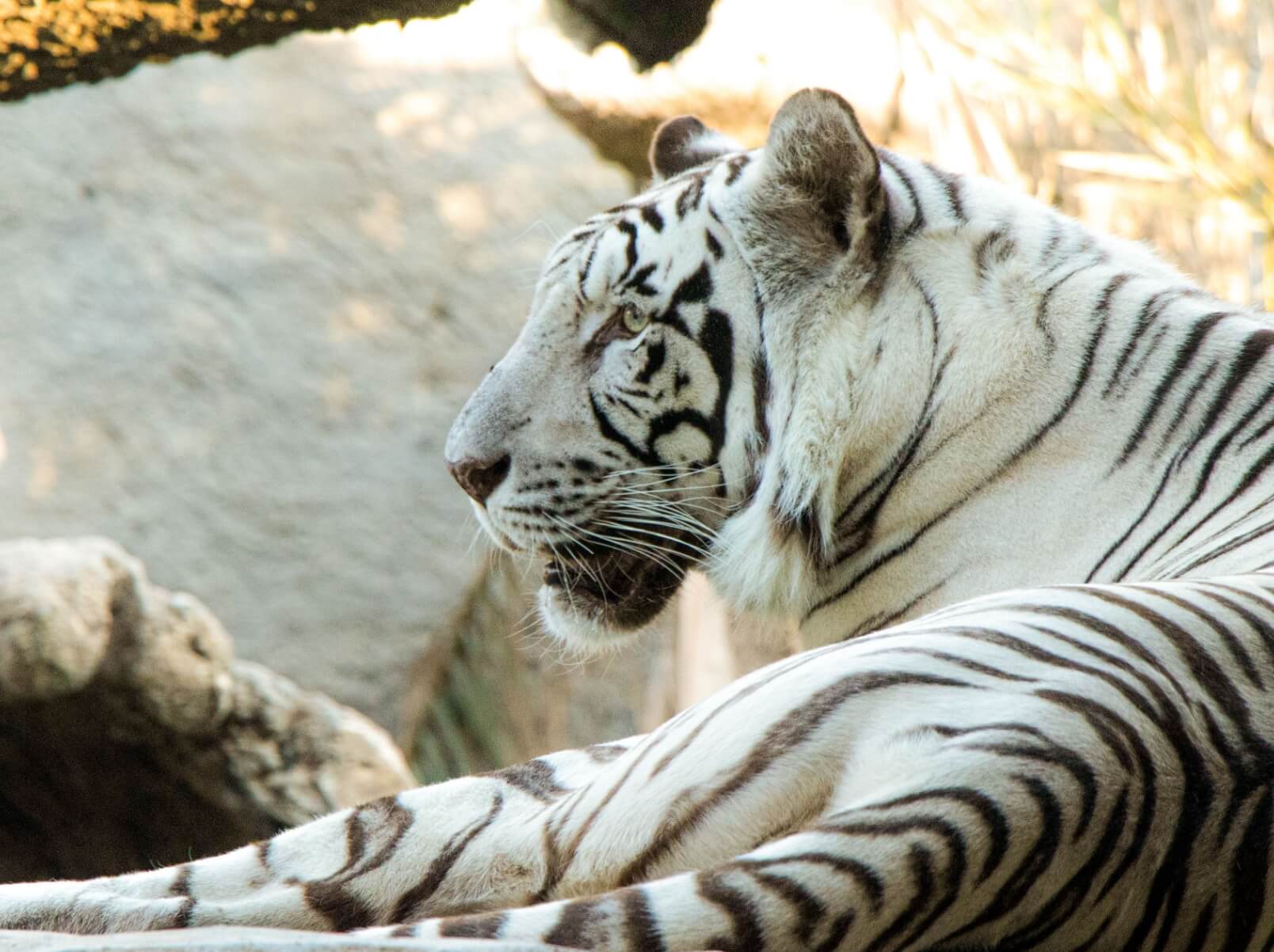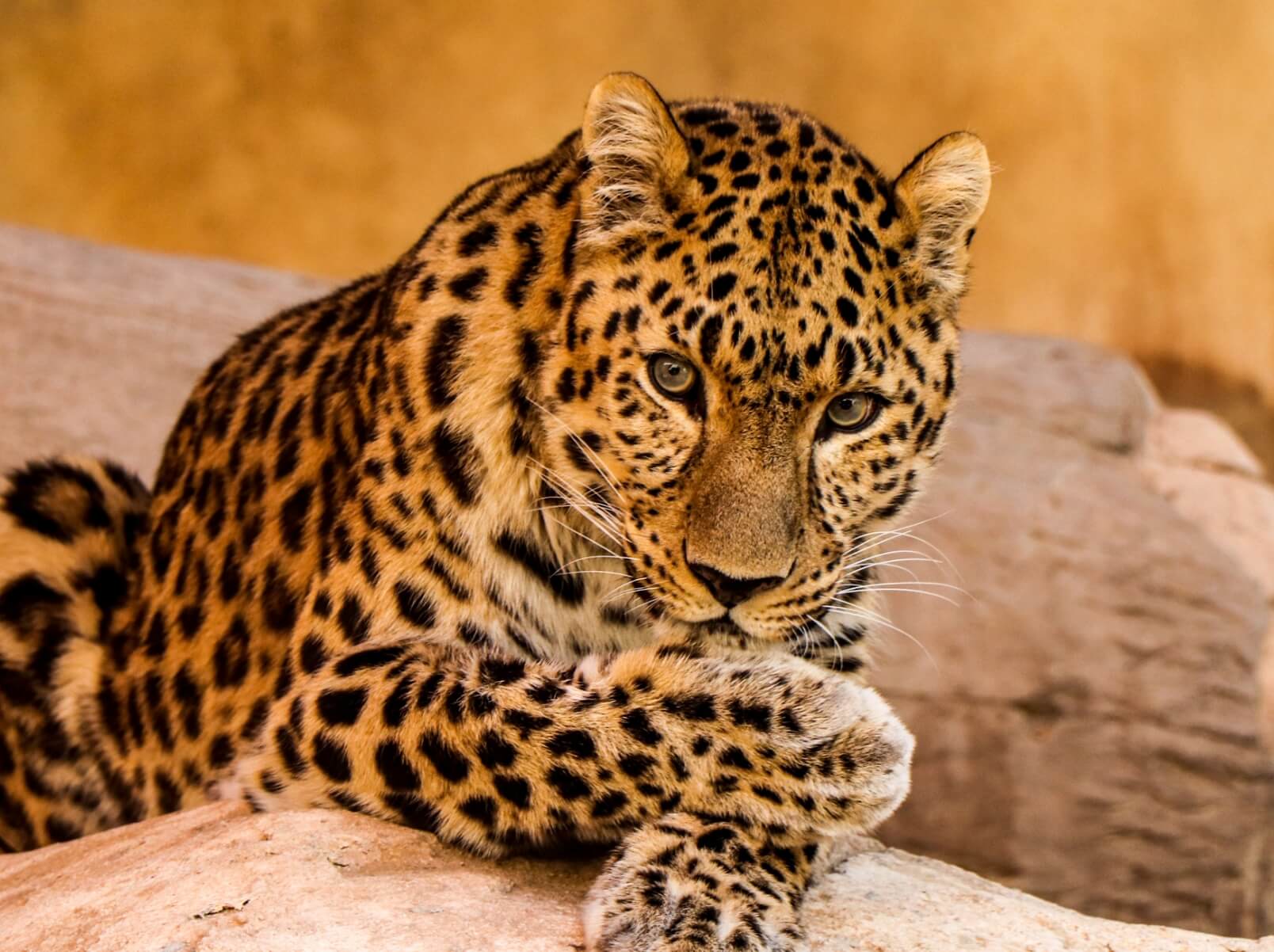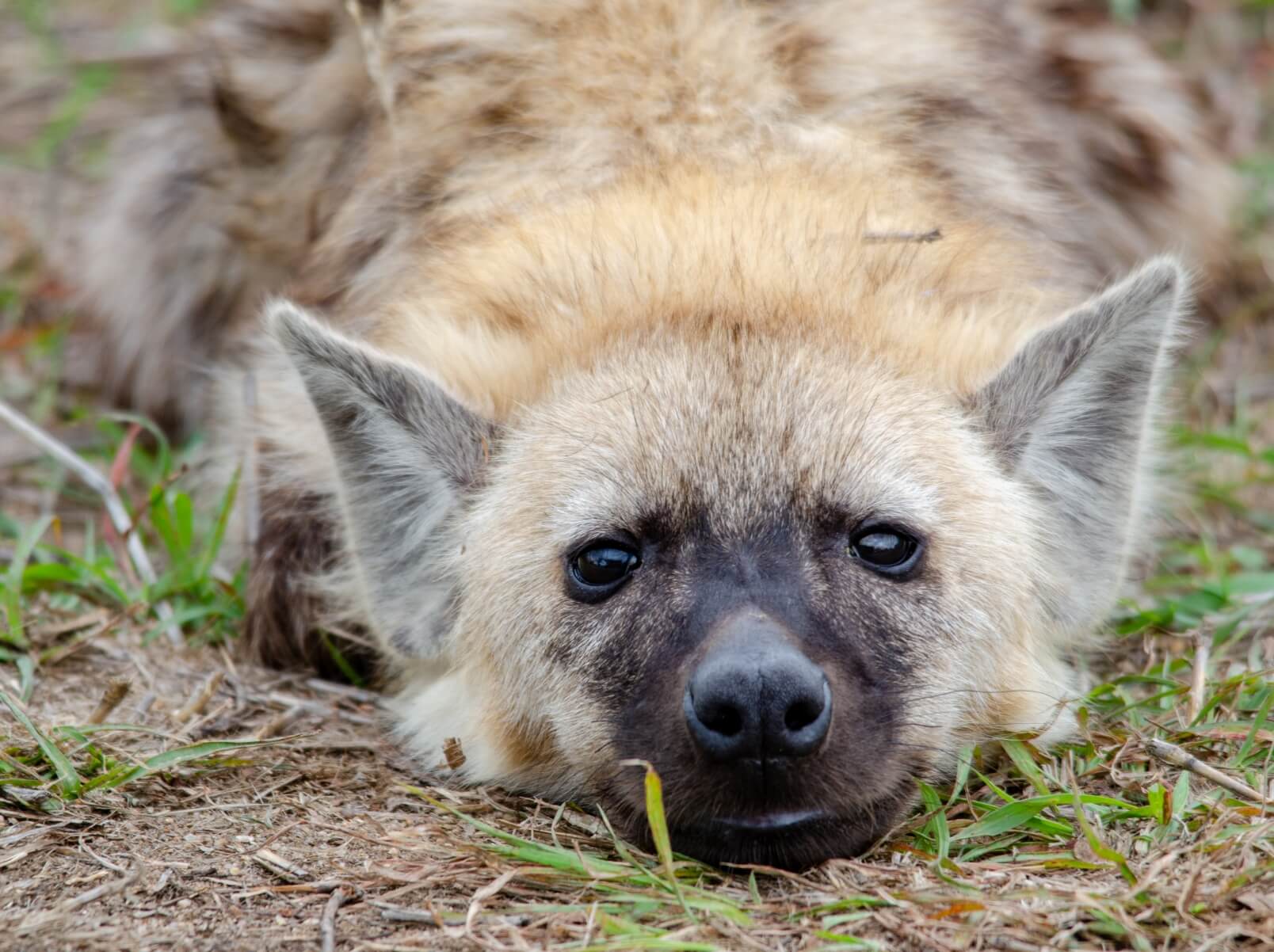Scientific Name: Arctocephalus pusillus
INTERESTING FACTS
Sea lions are a type of marine mammal found in the Pacific and Atlantic Oceans. They are highly social animals, living and breeding in large colonies. Some interesting facts about sea lions include:
Physical Characteristics: Sea lions have a distinct appearance with a bulky body, flippers, and long, flexible neck. Their fur is thick and covers their entire body, including the flippers which they use to swim and navigate.
Swimming and Diving: Sea lions are excellent swimmers and divers, able to hold their breath for up to 15 minutes and reach depths of over 600 feet.
Social Habits: Sea lions are highly social animals and are often seen sunbathing, playing, and breeding in large colonies.
Hunting and Feeding: Sea lions are opportunistic hunters, feeding on a variety of marine animals including fish, squid, and crustaceans.
Breeding and Reproduction: Sea lions mate and breed throughout the year, with females giving birth to a single pup. The mother will nurse her pup for several months before it becomes independent.
CONSERVATION MESSAGE
Sea lion populations are facing several threats, including over-fishing, marine pollution, and human interactions such as boat traffic and commercial fishing. Conservation efforts are necessary to protect these fascinating marine mammals and ensure their survival.
CONSERVATION STATUS
Least Concern
LIFE SPAN
They are native to the coasts of the Pacific and Southern Oceans.
NATIVE HABITAT
Sea lions have a relatively long lifespan, with an average lifespan of 15-20 years in the wild and up to 25 years in captivity
DIET
Sea lions are opportunistic feeders and primarily feed on fish and squid, but also feed on crustaceans, mollusks and some species of seabirds.
WEIGHT
The average adult sea lion can weigh between 600 to 800 pounds (270 to 360 kg). The males are larger weigh up to 1,100 pounds (500 kg)
LENGTH
between 6 to 8 feet (1.8 to 2.4 m) in length. The males are larger and can reach up to 11 feet (3.3 m) in length
Related Animals
More Animals


